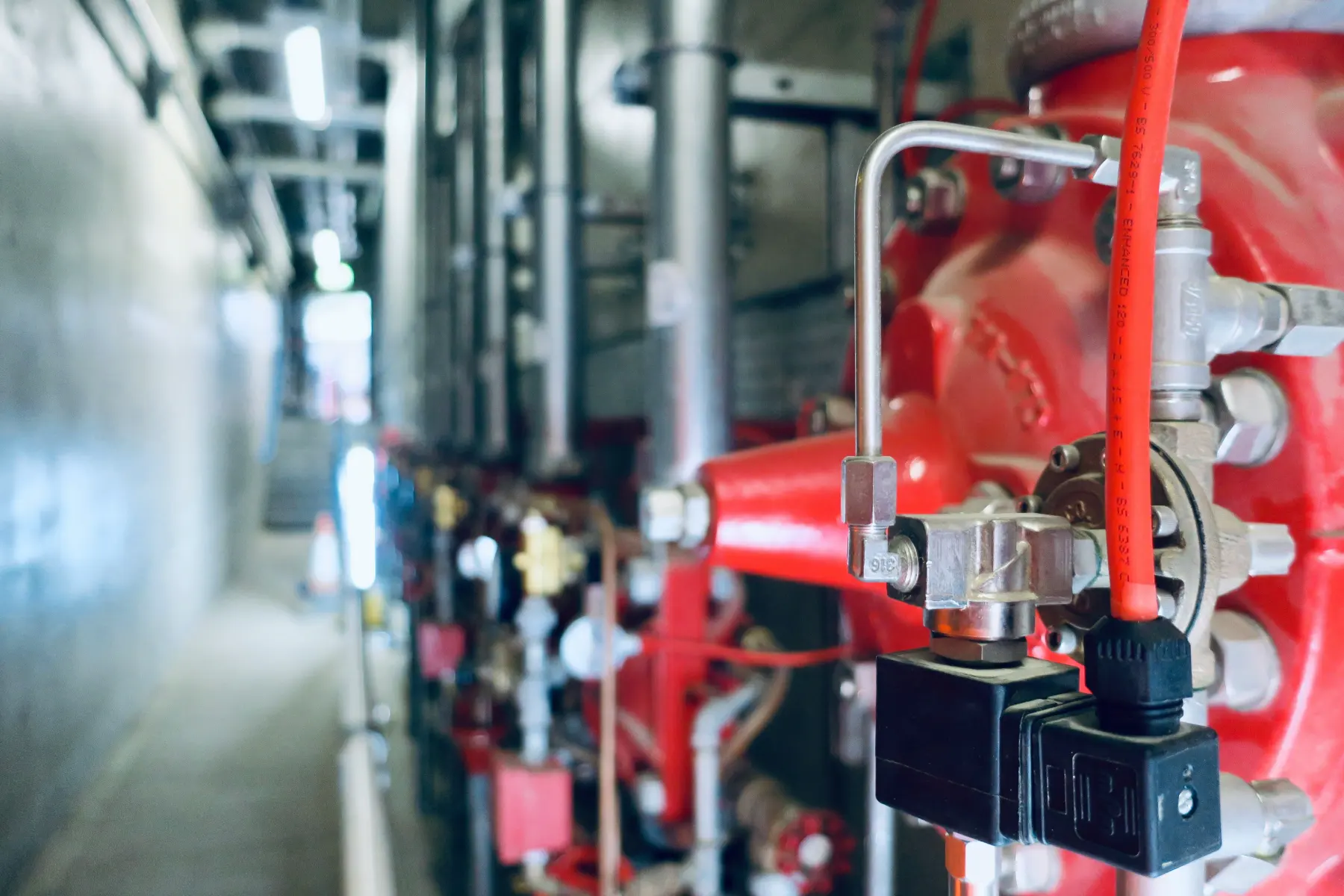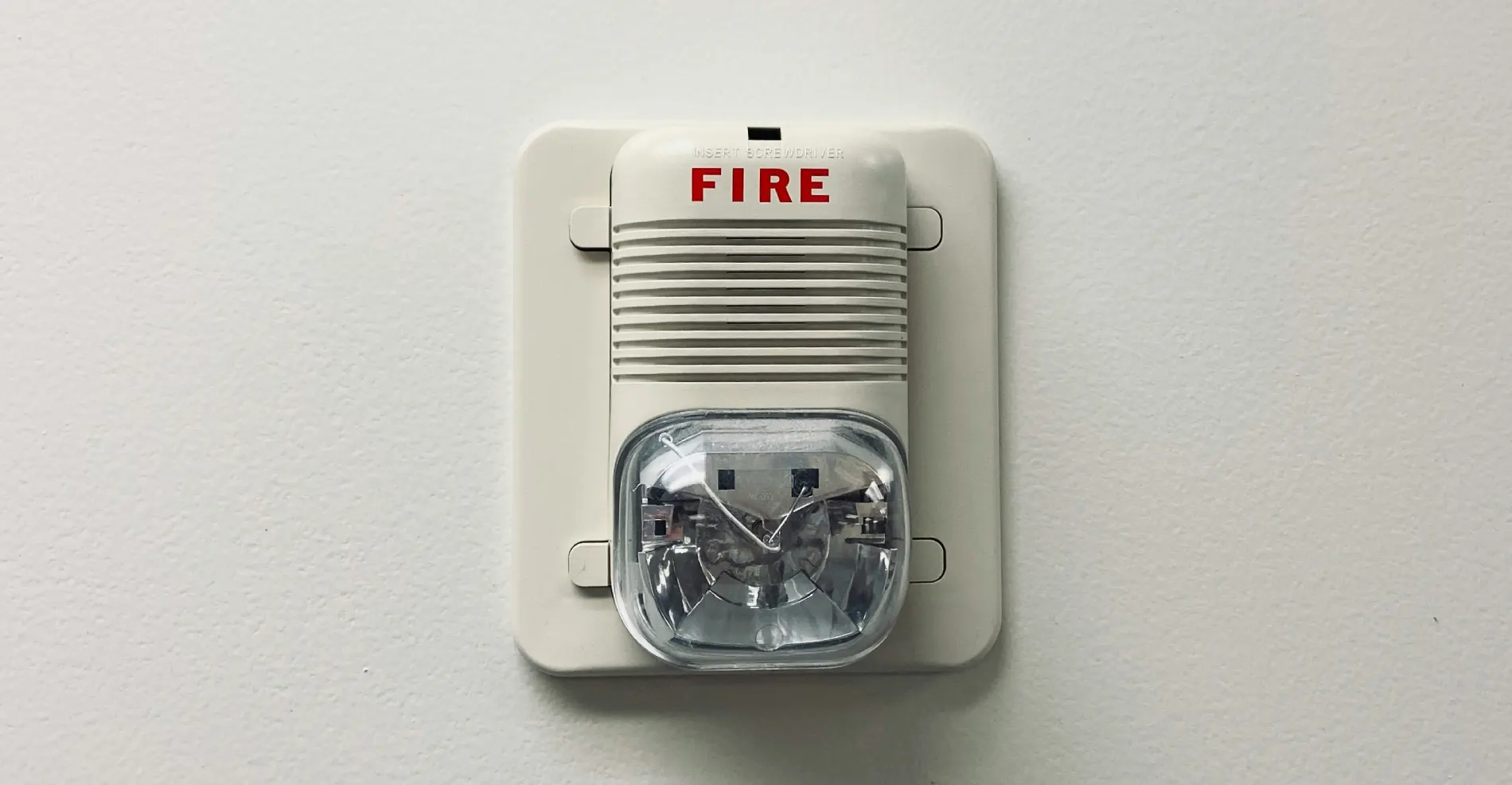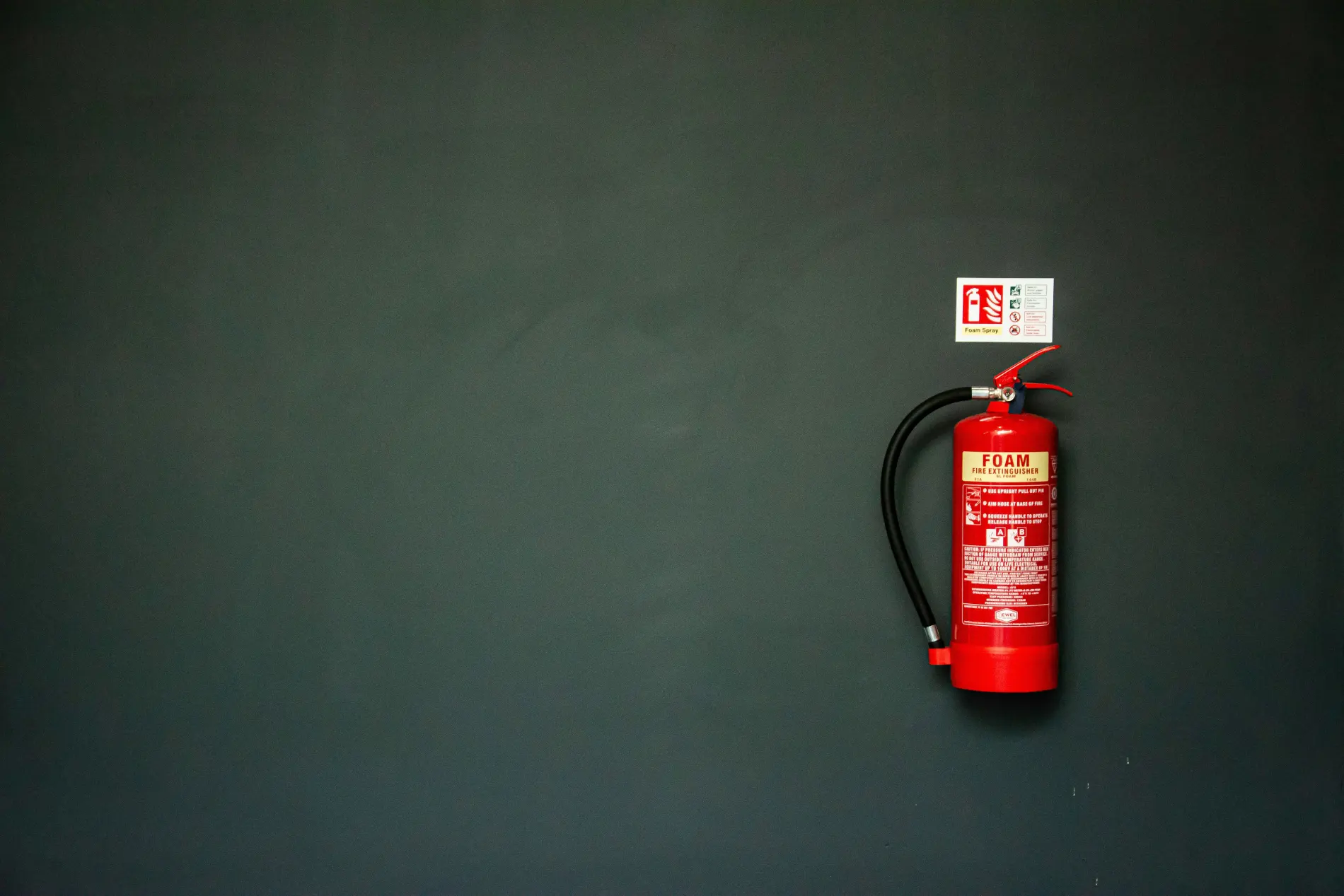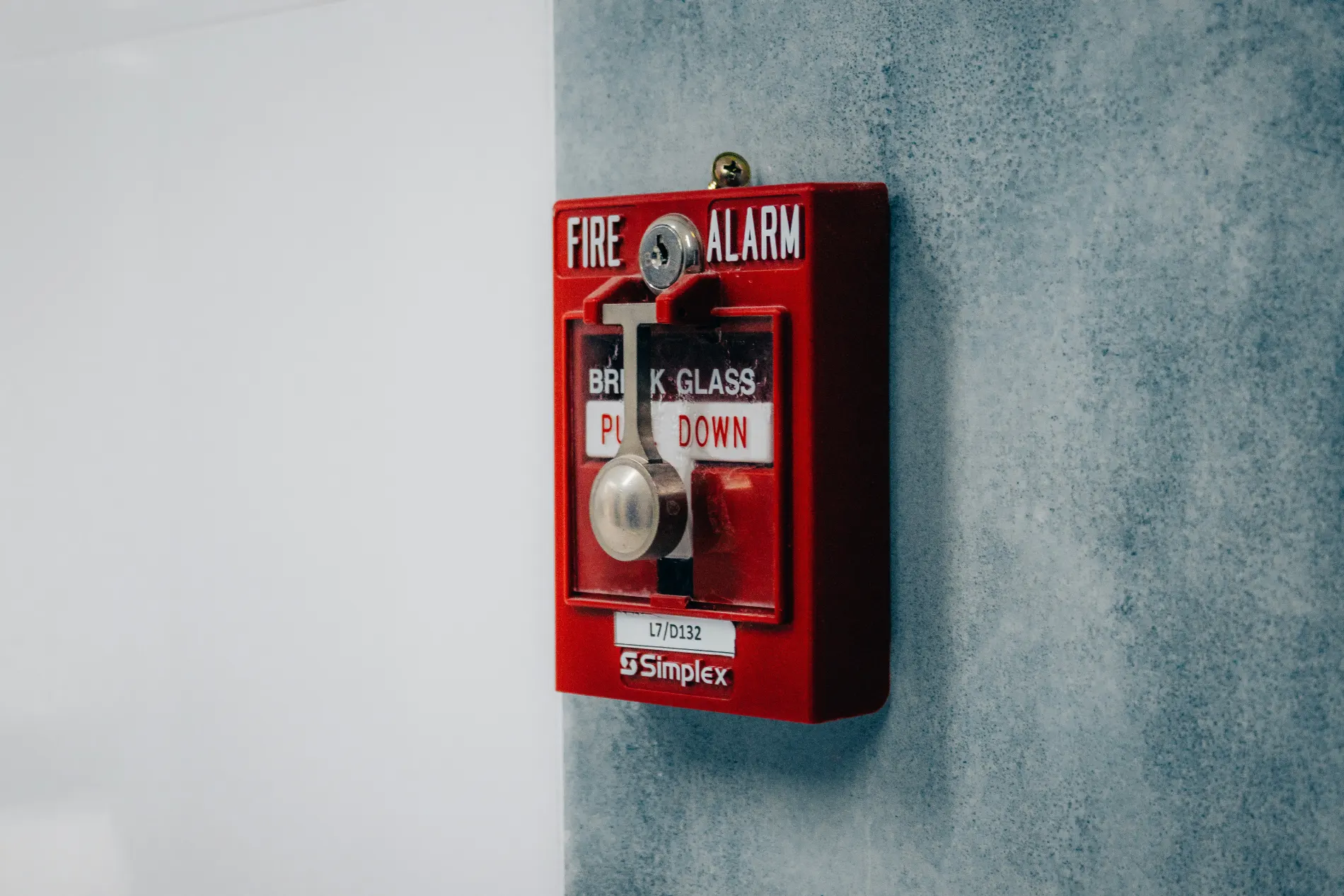Tailored Fire Safety Approaches

Fire safety is a universal concern for all commercial properties, yet a 'one-size-fits-all' approach simply does not work.
The specific nature of a building, its occupants, and its activities demand a tailored fire safety strategy. A school, with its young occupants and unique operational hours, requires a different focus than a bustling retail shopping centre or a busy industrial warehouse in Essex.
Understanding the Unique Needs of Different Buildings
Every commercial building presents its own set of fire safety challenges. The core principles of fire safety: prevention, detection, escape, and containment, remain constant, but their application varies considerably.
Schools and Educational Settings
Schools, colleges, and universities house a particularly vulnerable population: children and young adults, alongside staff. Their ability to react quickly and follow instructions in an emergency can vary significantly with age and understanding. Fire safety in these environments prioritises rapid and safe evacuation above all else.
Evacuation Drills: Regular, well-practised fire drills are paramount. These drills help children and staff familiarise themselves with escape routes and assembly points, building confidence and reducing panic in a real emergency. The drills should be varied, simulating different scenarios to prepare everyone thoroughly.
Clear Escape Routes: Corridors and stairwells must remain completely clear of any obstructions, such as bags, artwork, or furniture. These escape routes should be well-lit, clearly signed, and lead to a place of safety outside the building. Regular checks are vital to ensure they remain unobstructed.
Robust Fire Alarm Systems: Schools often benefit from sophisticated fire alarm systems with voice evacuation capabilities to provide clear, calm instructions to large groups, particularly younger children. Regular testing and maintenance of these systems are non-negotiable.
Fire Doors: Strategically placed fire doors are critical for compartmentalisation, containing fire and smoke and allowing more time for evacuation. These must never be propped open.
Retail Spaces and Shopping Centres
Retail environments, particularly large shopping centres, face unique challenges due to high footfall, constantly changing layouts, and varying types of merchandise. The sheer volume of goods can present varying fire loads.
Crowd Management: Evacuation plans must account for large numbers of people, many of whom are unfamiliar with the building’s layout. Clear signage and trained staff are essential to guide shoppers safely.
Dynamic Escape Routes: Retail displays and promotions can quickly block or obscure escape routes. Regular checks are needed to ensure pathways remain clear and accessible, even during peak shopping times.
Advanced Fire Detection and Alarm Systems: With large open spaces and often high ceilings, intelligent fire detection systems that can quickly pinpoint a fire’s location are highly beneficial. These systems need rigorous and regular testing.
Fire Extinguishers and Fire Fighting Equipment: A range of fire extinguishers suited to various hazards, from electrical equipment to cooking oils in food courts, should be strategically placed and easily accessible. Regular maintenance and staff training on their correct use are paramount.
Industrial and Manufacturing Facilities
These environments often involve specific fire hazards such as flammable liquids, gases, chemicals, or machinery that can generate heat and sparks. The occupancy might be lower, but the potential for rapid fire spread and intense heat can be much higher.
Specialised Fire Suppression Systems: Beyond standard sprinkler systems, industrial facilities might require specialised fire suppression systems like foam, CO2, or clean agent systems, designed to tackle specific chemical or electrical fires without causing further damage to sensitive equipment.
Hazard-Specific Fire Extinguishers: The choice of fire extinguishers is critical, with a strong emphasis on types suited for Class B (flammable liquids), Class C (flammable gases), and potentially Class D (combustible metals) fires. Staff training in these areas must be particularly thorough.
Robust Passive Fire Stopping: Given the potential for intense fires, the integrity of passive fire stopping elements, such as fire-rated walls, floors, and fire doors, becomes even more crucial to contain a blaze within a specific zone.
Essential for All
Despite the differences, several fire safety elements are universally important for all commercial properties in Essex.
The Responsible Person and Legal Compliance
The legal obligation for fire safety rests firmly on the "responsible person". This includes ensuring that fire safety measures are appropriate for the specific premises and are kept properly maintained. Compliance with regulations like the Regulatory Reform (Fire Safety) Order 2005 is all about creating a truly safe environment.
Regular Maintenance and Testing
Regardless of the building type, all fire safety systems require continuous checks and maintenance to ensure they remain fully functional. This includes fire alarm systems, fire extinguishers, fire doors, and emergency lighting. Keeping detailed records of all these activities is very important, as they provide a clear audit trail and demonstrate due diligence.
Comprehensive Staff Training and a Culture of Safety
Effective fire safety relies heavily on people. All staff should receive appropriate fire safety training, tailored to their specific roles and the hazards of their workplace. This training should be an ongoing process, reinforced with refreshers and updates. Encouraging staff to report potential hazards and fostering a culture where fire safety is taken seriously contribute significantly to overall safety. A safe workplace means people can focus on their tasks, knowing that robust safety measures are in place.
Tailored Solutions for Essex Businesses
Fire safety requires a thoughtful, tailored approach that considers the unique characteristics of each property and its occupants. Whether you manage a school, a retail space, an office, or an industrial facility, understanding and implementing the right fire safety solutions can make all the difference.
At Magni Fire, we pride ourselves on providing bespoke fire safety solutions designed for your specific commercial property. Our expert team can assess your needs, recommend the most appropriate systems, and ensure everything is installed and maintained to the highest standards. We are here to help you navigate the complexities of fire safety and ensure your premises in Essex are as safe as possible.
Ready to discuss a tailored fire safety approach for your commercial property in Essex? Contact us today for a chat with our experts.




